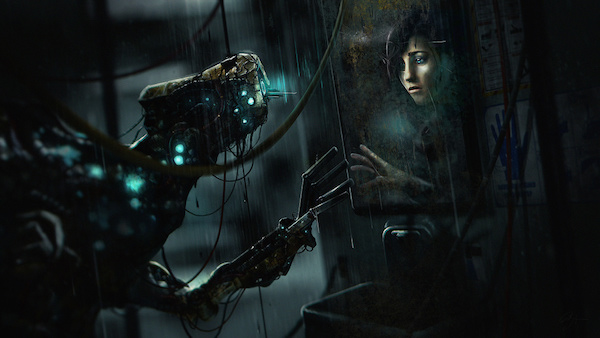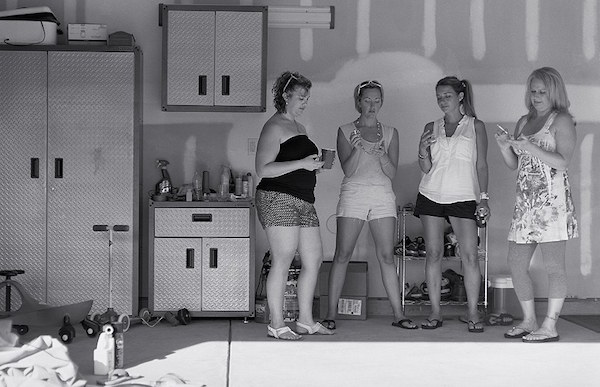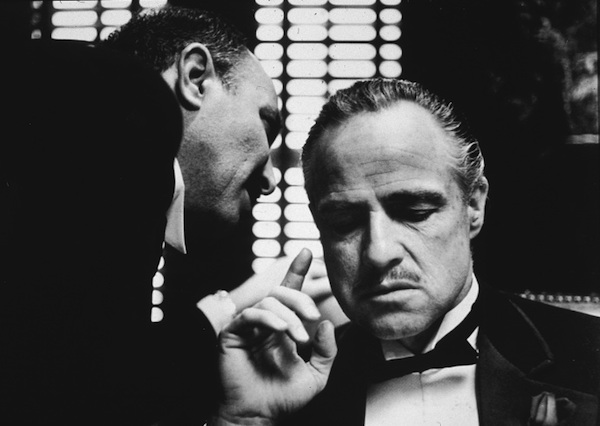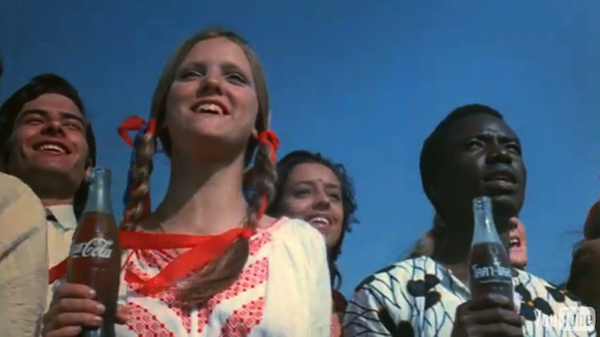Review: Soma – How would you react to consciousness beyond the body?
SOMA is a game that’s hard to talk about without getting into specifics, and there’s nothing more insufferable than talking around something in an attempt to “avoid spoilers”, and thereby talking a lot without really saying anything at all. So there’s that.
On its surface, SOMA is a scary haunted house game set in an undersea research facility where you have to find a way out of the nightmare you’re trapped in, both literally and metaphorically. But really, SOMA is a game about consciousness. And if it weren’t more about that than running from monsters in a dark dank creepy maze at the bottom of the ocean, it would not be a very interesting game at all. In fact I would be just as happy to think and talk about the version of this game with no monsters at all. The monsters are not the point.
Some things a thoughtful person will ask themselves as they play this game include: Is putting a broken-but-still-living thing out of its misery an act of mercy or cruelty? Does this machine feel pain, and is that pain different than “real” pain I would feel guilt for inflicting on a person? Does a form of intelligence not based in traditional human biology have the same right to exist and propagate that we do?
But the biggest questions are about what it means to be human. In a future where consciousness can be transplanted — where our minds have the chance to continue after our frail human bodies, and the earth they occupy, are no longer sustainable — it’s up to us to decide if that’s an action worth taking.
The designers employ a clever trick to force us to confront this directly. At several points in the game, the player comes across kiosks with seemingly benign survey questions about what it feels like to be taken from your original body; about what it means to be untethered from the physical anchor we’re used to.
The questions don’t change over time, but based on the actions you’ve taken and what you’ve been through between these points in the game, you may find yourself reevaluating your responses. It’s tough to say you don’t want to go on when you’ve fought so hard not to give up. What may seem like sweet release viewed from the outside might be a torturous end when it’s your turn. Deciding between a false reality and none at all isn’t much of a choice.
If you could live on beyond your body by putting your mind into a mechanical host, would you?
Would it be better or worse to upload your consciousness to a simulation (like in The Matrix) and leave bodies behind altogether?




